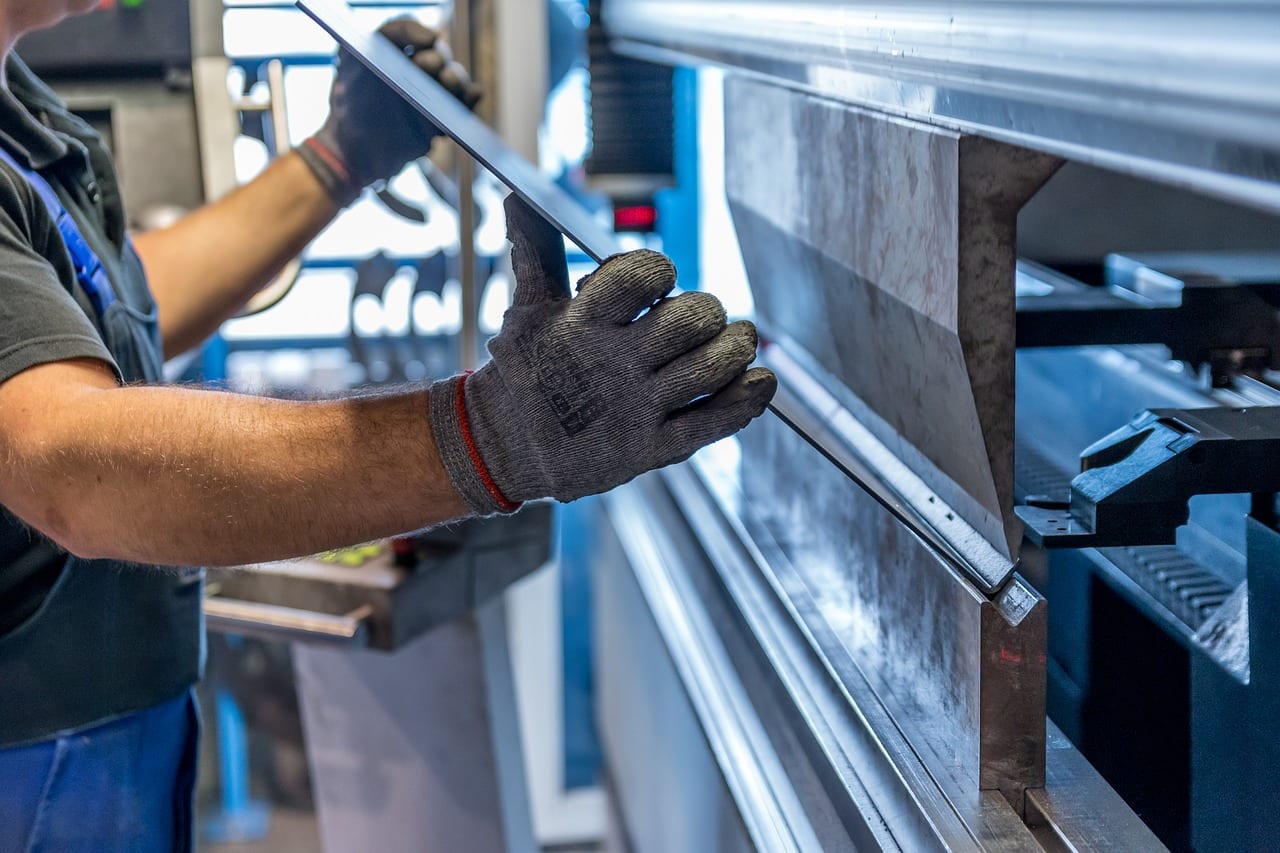Guide to Understanding Equipment Financing, Equipment Leasing and Equipment Financing Agreement.
Dollar Buyout vs. FMV Leases
Guide to understanding Equipment Financing, Equipment Leasing, and Equipment Financing Agreements — with tax treatment, examples, and when to choose each option.
Compare Dollar Buyout vs. Fair Market Value (FMV) Leases
When leasing equipment, two common structures are the Dollar Buyout ($1) Lease and the Fair Market Value (FMV) Lease. Below is a side-by-side look at what each really means for payment, taxes, and flexibility.
| Feature | Dollar Buyout Lease | FMV Lease (True Lease) |
|---|---|---|
| Definition | Own the equipment at term end for a nominal amount (often $1; some states require ~$101). | Use the equipment for a fixed term; option at end to purchase at fair market value, return, or renew. |
| Ownership | Transfers to lessee at end of term. | No automatic transfer; purchase is optional at FMV. |
| Monthly Payments | Generally higher (payments reflect eventual ownership). | Generally lower (no built-in ownership). |
| Tax Treatment | Treated more like a purchase; lessee typically takes depreciation. | Payments usually fully deductible as operating expense. |
| Flexibility | Lower: intended to own; less upgrade flexibility mid-term. | Higher: end-of-term options to return / renew / purchase. |
| Ideal For | Companies seeking ownership, predictable payments, and long useful-life assets. | Companies prioritizing lower payments and frequent upgrades. |
Equipment Financing Agreement (EFA)
Definition: A loan to purchase equipment; borrower owns the asset day one, lender holds a lien until paid off.
- Ownership: Immediate ownership (lien in place).
- Payments: Fixed principal + interest.
- Taxes: Borrower typically claims depreciation.
- Flexibility: Less flexibility for early return; it’s debt.
Ideal for: businesses wanting ownership and depreciation with predictable fixed payments.
Retail Financing
Definition: Financing provided via the equipment seller (often with a third-party lender) allowing staged payments over time.
- Ownership: Immediate, with a lien similar to an EFA.
- Payments: Fixed or variable; interest included.
- Taxes: Buyer typically takes depreciation.
- Flexibility: May vary by program; sometimes special promos.
Ideal for: buyers who want seller-facilitated financing, immediate ownership, and possible special terms.
Comparison Summary
- Ownership: EFA & Retail → immediate; Dollar Buyout → at end; FMV → optional at FMV.
- Monthly Cost: FMV usually lowest; Retail/EFA mid; Dollar Buyout higher (path to own).
- Tax: EFA/Retail/Dollar Buyout typically allow depreciation; FMV payments are operating expense.
- Flexibility: FMV highest at end of term; ownership structures are less flexible.
Rule of thumb: If you want ownership and tax depreciation, lean EFA or Dollar Buyout. If you want lower payments and upgrade flexibility, lean FMV.
What to Discuss with Your CPA (IRS Rules & Section 179)
IRS Standpoint on FMV (True) Leases
- Ownership: Lessee does not own during the term.
- Lease Payments: Typically deductible as operating expenses.
- Depreciation: Claimed by the lessor, not the lessee.
Section 179 & FMV Leases
- Section 179 allows full expensing of qualifying purchases put in service during the tax year.
- Because the FMV lessee doesn’t own the asset, the lessee generally cannot claim Section 179 on FMV leases.
- Eligible for 179: Dollar Buyout Leases, EFAs, and Retail Financing (treated like purchases).
Simple Example
FMV Lease: $1,000/mo for 36 months → deduct $1,000 each month as an operating expense; no depreciation/179.
Dollar Buyout Lease: $36,000 equipment, 36 months → may claim Section 179 on $36,000 in the year placed in service (subject to IRS limits/eligibility), plus interest considerations.
Important: Always consult your tax professional. This content is informational only and not tax, legal, or accounting advice.
Ideal Scenarios (Quick Picks)
Dollar Buyout Lease
- Want ownership at term end
- Predictable fixed payments
- Long useful-life assets
FMV Lease
- Lowest monthly payments
- End-of-term flexibility
- Frequent technology upgrades
EFA / Retail Financing
- Immediate ownership & depreciation
- Fixed amortizing payments
- Seller promos (Retail) possible
Ask About Our “APP-ONLY” Financing up to $250,000
“App-Only” refers to a streamlined application process for equipment financing that can be completed digitally without extensive documentation—best for established businesses. Note: It will typically not apply to startups or low-credit profiles without additional collateral.
Key Features
- Simplified Application: Minimal docs (business info, bank, invoice, ownership).
- Fast Approval: Often minutes to hours using automated underwriting.
- Credit Pulls: We begin with a soft check; some providers may do a hard pull upon funding.
- Convenience: Simple docs • Simple credit • Simple funding.
- Competitive Rates: Can include promos; may not be the absolute lowest due to low-doc nature.
How It Works
- Apply Online: Start from our website/app.
- Complete Application: Provide business & ownership details; upload minimal docs.
- Submit: We review and issue a credit term sheet if approved.
- Accept Terms: Confirm during a brief underwriter call to release funds to the vendor.
- Funding: Often within 24 hours; can be used for equipment or other business needs (if working capital or term loan is a better fit).
Benefits
- Speed: Decisions and funding can be same day.
- Convenience: 100% online; minimal paperwork.
- Accessibility: Great for SMEs with established credit and revenue.
- Flexibility: Can complement other funding lines in your stack.
Ideal For
- Small to medium-sized businesses needing quick access to capital
- Established businesses seeking a low-doc option
- Operators who value time and predictability
Disclaimer: Always consult with your tax professional. Information herein is for general education and should not be construed as tax, legal, or financial advice. Program availability, terms, and eligibility vary by credit, time in business, state, equipment, and documentation.
Covers many types of equipment we can finance.

Recycling Equipment

Waste Truck

Crushers and Garbage Tractors
Easier to get than a traditional business loan
Less paperwork
Fast processing time
Less stringent requirements for qualifying
No collateral needed, the equipment is the collateral
May require less credit score for you and your business as well
What do I need to apply?
1. ONLINE APPLICATION: You can fill out our
application, upload and authorized us to process. We do soft-inquiry, and our
lender will do hard inquiries once you are approved.
2.
Equipment Invoice or Quote
for the truck or equipment you want to buy. Multiple vendors accepted. We’ll lump
them into one monthly payment for you.
3.
Banks statements (3-4 months) – Proof
income, proof of banking, and proof funds availability in case down payment is
needed and to match for ACH Payment Drafting – as an auto pay.
Our small business financing experts are available to guide you through the funding Process.
Despite technological advancements, loans, especially equipment financing is predominantly involve a complex process with an underwriter to ensure as fraud prevention. Automation may not suffice, particularly when dealing with a third party like the vendor and the complexities of purchasing new and used equipment. In such scenarios, business owners are often better served by collaborating with a Business Loans Broker like Liberty Capital Group, Inc., who can steer them in the right direction.
Instant Quote Online
Use our instant online quote calculator to get an accurate no obligation quote.
Apply Online
Complete our quick online application. Application takes 5 mins.
Review Your Options
We will contact you to review your options.
Get Funds
Money will be deposited in your account in as little as 24 hours.
